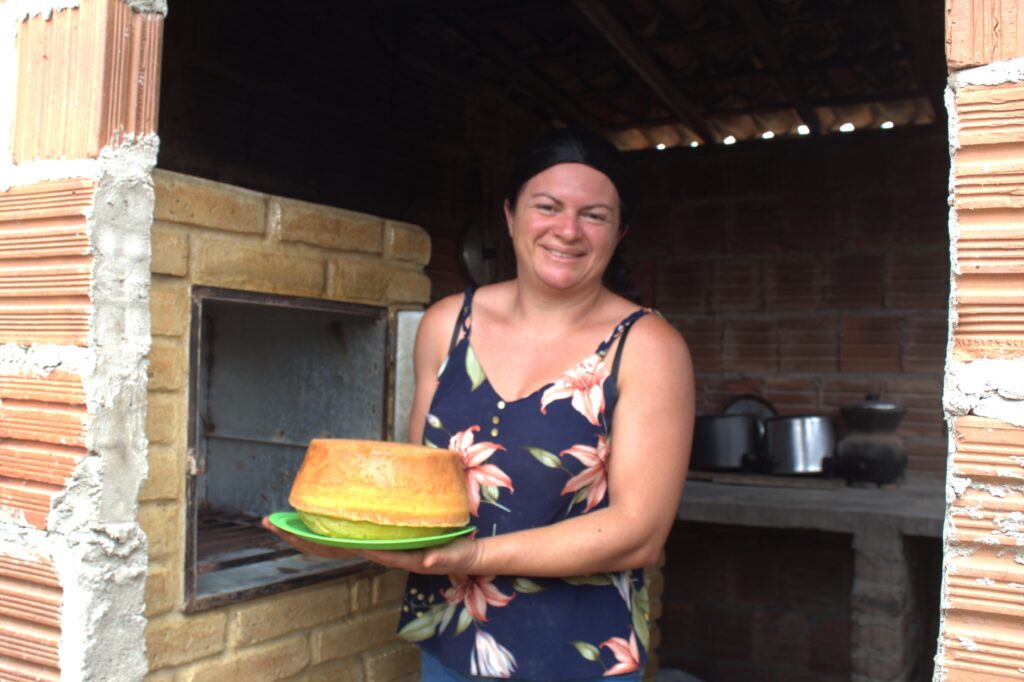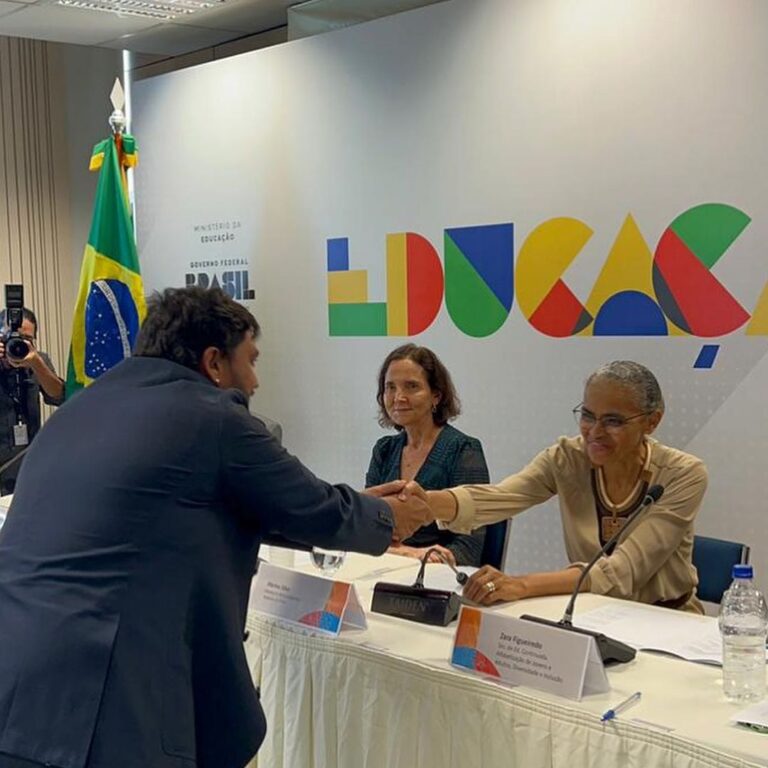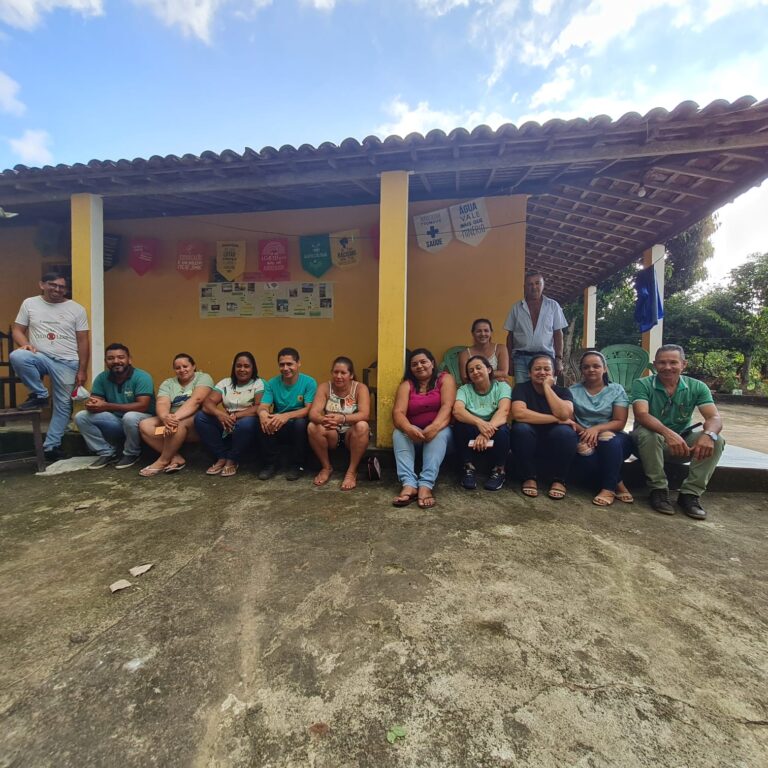Hands that Feed and cultivate autonomy and food sovereignty among women
Juliana Peixoto, Territorial Coordinator of Centro Sabiá in Agreste

In the agreste territory of Pernambuco, in the municipalities of Cumaru and Orobó, 70 women farmers have been receiving specific technical assistance from the Sabiá Center for women for almost three years, with the support of the Spanish NGO Manos Unidas. A portion of this audience are from traditional communities who are accessing technical advice for the first time, with a focus on sustainable ways of living in the countryside, such as agroecology and social technologies for living with the semi-arid region.
By supporting peasant women in the production of agro-ecological food in their productive backyards, the project has become a space for political action to give visibility to the knowledge and work carried out mainly by women.
A series of activities on women’s self-organization, gender equality, quality of life, sustainable production, agro-ecological animal production, social technologies for climate adaptation and coexistence with the semi-arid region are being developed with the aim of fostering the autonomy of the beneficiaries. The strengthening of the production structure contributes to food sovereignty and security, income generation, and the improvement in livestock facilities results in healthier animals.
The implementation of the agroecological stove was a turning point in the lives of these women. The social technology is accompanied by an oven, making it possible to increase the number of menu options, with most of the ingredients coming from the backyard produce they manage. It is common for them to say that, before, the gas canister lasted around a month and a half, and today it lasts almost six months. Considering the value of the cylinder, the average price of which in the state of Pernambuco is R$92.98, this reveals significant savings for peasant families.
“With the stove came a better life. The stove doesn’t make smoke, which used to make me cough and turn my walls black,” says beneficiary Isabel Santina. It’s no secret that women do a lot of the household chores and, in most cases, they are the only ones responsible for preparing the food, leaving them more exposed to smoke. For this reason, one of the main benefits offered by the agroecological stove is the improvement in the general health of these women.
By reducing the consumption of firewood and using our Caatinga biome in a sustainable way, this social technology is more energy efficient and combustible, generating a reduction in domestic work, quality of life and mitigation of the environmental impacts caused by climate change. Changes like these are possible through access to rights and public policies. Peasant and farming families need pedagogical technical advice that supports fundamental issues to foster a fairer society and a dignified life in the semi-arid region.
Nothing found.




